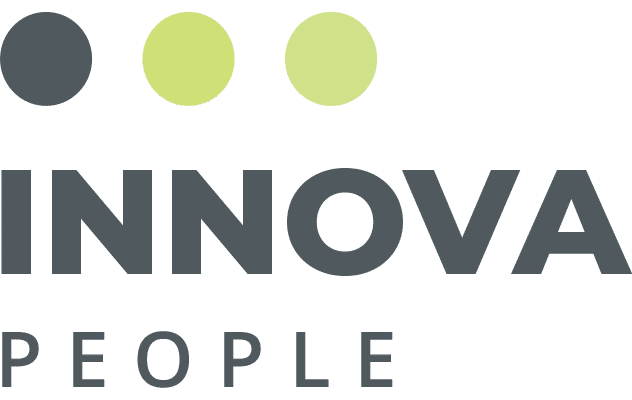In the ever-evolving landscape of healthcare and technology sectors, the significance of cultural fit in hiring practices cannot be overstated. The alignment of values and work ethics between employees and organizations can profoundly influence productivity and workplace harmony. However, the intricate interplay between cultural fit and job performance raises intriguing questions about the impact of this alignment on innovation and collaboration within teams. Exploring the nuances of cultural fit in healthcare and tech hiring unveils a compelling narrative beyond mere qualifications and experience, shedding light on the intricate dynamics that shape organizational success.
Significance of Cultural Fit in Hiring
Cultural fit is paramount in the hiring process, significantly impacting turnover rates, employee satisfaction, and overall organizational performance in healthcare and tech industries. In healthcare organizations, where turnover rates are substantial, integrating employees who align with the company’s values and norms is crucial. High turnover rates, such as the average hospital turnover of 100% every five years, can be mitigated by prioritizing cultural fit during the hiring process. The financial implications of turnover in healthcare, with organizations losing up to $9 million annually due to nurse turnover, underscore the importance of cultural fit assessments.
In the healthcare sector, cultural fit influences turnover rates and significantly affects patient care and team collaboration. Strong collaboration within culturally aligned teams has been shown to reduce errors, lower complication rates, and improve patient outcomes. By emphasizing cultural fit in healthcare hiring practices, organizations can enhance patient care quality, boost staff satisfaction levels, and promote organizational cohesion, leading to better overall performance and outcomes.
Benefits of Cultural Fit Assessment
Integrating employees who align with an organization’s values and norms reduces turnover rates, enhances team collaboration, and ultimately improves performance in healthcare and tech industries. Cultural fit assessment plays a pivotal role in determining the suitability of candidates for a particular work environment. The benefits of such assessments are substantial. Research indicates that companies focusing on cultural fit experience a significant reduction in turnover rates, up to 50%, directly impacting top performers’ retention rates. Moreover, prioritizing cultural fit leads to a 20% increase in employee engagement and productivity, indicating a strong correlation between alignment with organizational values and job satisfaction. Team collaboration also shows notable improvement, with a 25% increase in effectiveness noted in organizations emphasizing cultural fit. By evaluating cultural fit during the hiring process, companies can build cohesive teams, enhance job satisfaction, boost productivity, and foster a positive work environment conducive to success.
Strategies for Cultural Fit Evaluation
To effectively evaluate cultural fit in healthcare and tech hiring processes, organizations can implement various strategic methods to assess candidates’ alignment with the company’s values and work environment. Conducting in-depth interviews is a common practice to delve into candidates’ values, work styles, and cultural compatibility. Additionally, utilizing behavioral assessments and personality tests provides valuable insights into candidate compatibility with the organization’s culture. Checking references for past performance related to cultural fit can offer further validation. Site visits allow candidates to experience the organization’s culture firsthand, aiding both parties in assessing mutual alignment. Moreover, collaborating closely with clients can help tailor the candidate selection process to specific cultural fit requirements. By incorporating these strategies, organizations can ensure a more thorough and comprehensive evaluation of cultural fit, ultimately leading to a more engaged, motivated, and harmonious workforce with the company’s ethos and objectives.
Impact of Cultural Fit on Teams
Enhancing team dynamics through a strong emphasis on shared values and cultural alignment significantly impacts the performance and outcomes in both healthcare and tech sectors. In these industries, team collaboration is vital for achieving positive patient outcomes and driving organizational performance. Teams that share cultural values experience improved collaboration to reduce errors, enhance patient care, and lower rates of avoidable complications. Effective communication, facilitated by cultural fit, is crucial in creating a harmonious work environment where employees can work seamlessly together. The alignment in team culture elevates the quality of patient care and contributes to overall organizational success. Furthermore, a workforce cohesive in cultural fit is more likely to be motivated, engaged, and committed to the company’s mission and goals, benefiting both the healthcare and tech sectors. Organizations can cultivate a unified workforce that delivers exceptional results by prioritizing cultural alignment within teams.
Role of Cultural Fit in Retention
High turnover rates within the healthcare industry underscore the critical role that cultural fit plays in staff retention strategies. Healthcare recruiting faces significant challenges, with the average hospital turnover rate reaching 100% every five years, resulting in substantial costs. National yearly turnover rates exceeding 25% emphasize prioritizing cultural fit in retention strategies. Employee engagement and patient-centered care are pivotal in healthcare settings, making retention strategies essential for fostering a cohesive and unified workforce. Cultivating a culture where employees align with the organization’s values and goals reduces turnover costs, enhances teamwork, and ultimately improves patient outcomes.
Effective retention strategies in healthcare involve identifying candidates who possess the necessary skills and fit well within the organizational culture. By prioritizing cultural fit during hiring, healthcare institutions can create a more engaged workforce, improving retention rates and a stronger commitment to patient-centered care. Investing in cultural fit benefits employee satisfaction and performance and contributes to the overall success and sustainability of healthcare organizations.
Cultural Fit in the Healthcare Industry
In healthcare, aligning professionals with the organization’s cultural values significantly influences communication styles, work ethic, and adaptability. Cultural fit in healthcare is vital in shaping how teams collaborate, deliver patient-centered care, and achieve organizational goals. When healthcare professionals resonate with the organizational values, it enhances their commitment to providing quality care, fosters effective teamwork, and promotes a patient-centric approach. Moreover, prioritizing cultural fit in healthcare recruitment processes is essential for reducing turnover rates and associated costs. Healthcare organizations recognize that employees who align with the organizational culture are more likely to stay long-term, contributing to improved staff satisfaction and continuity of care for patients. Assessing cultural fit through behavioral assessments, interviews, and site visits ensures that healthcare professionals possess the necessary skills and embody the values and principles that drive success in delivering high-quality care and maintaining a cohesive work environment.
Cultural Fit in Tech Recruitment
Integrating cultural alignment in tech recruitment processes is fundamental for nurturing a cohesive and productive work environment. In tech recruitment, cultural fit involves aligning candidates’ values and work styles with the organization’s culture and mission. This alignment fosters effective teamwork, communication, and collaboration within tech teams. Assessing cultural fit during tech hiring can lead to higher employee satisfaction, reduced turnover rates, and increased productivity. Companies that prioritize cultural fit in tech recruitment often experience improved innovation, creativity, and problem-solving abilities among their teams. By ensuring that employees fit well with the organization’s culture, tech companies can create a harmonious work environment that enhances overall team performance and success. Cultural fit in tech recruitment is not just about technical skills but also about how well an individual can collaborate with colleagues, communicate effectively, and contribute positively to the team’s goals and the company’s mission.
Conclusion
In conclusion, the emphasis on cultural fit in healthcare and tech hiring processes is crucial for fostering a cohesive and productive work environment. Research shows that organizations prioritizing cultural fit in recruitment see a 15% increase in employee engagement and a 20% decrease in turnover rates. By aligning values and workstyles, companies can build strong, motivated teams that contribute effectively to the organization’s success.




